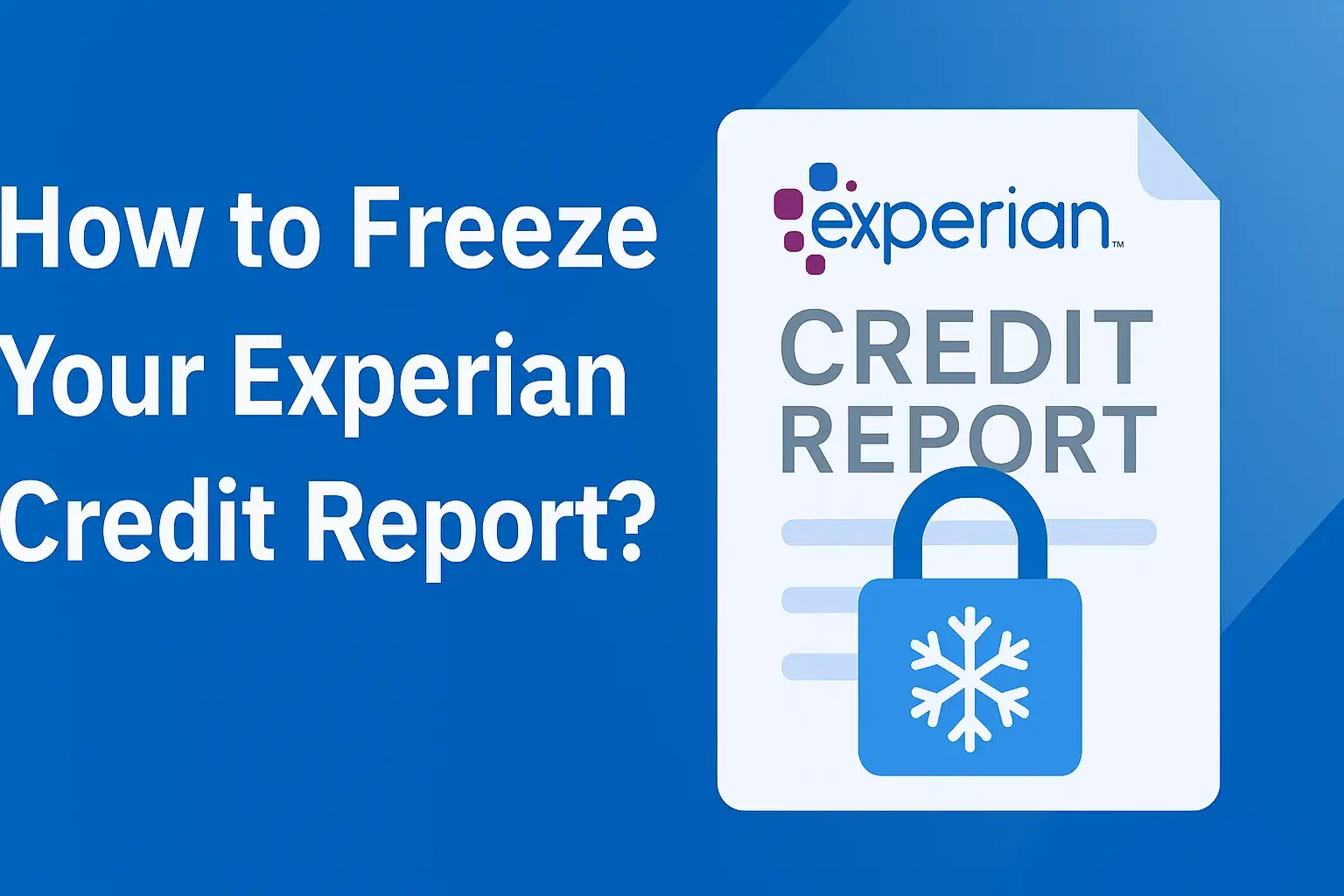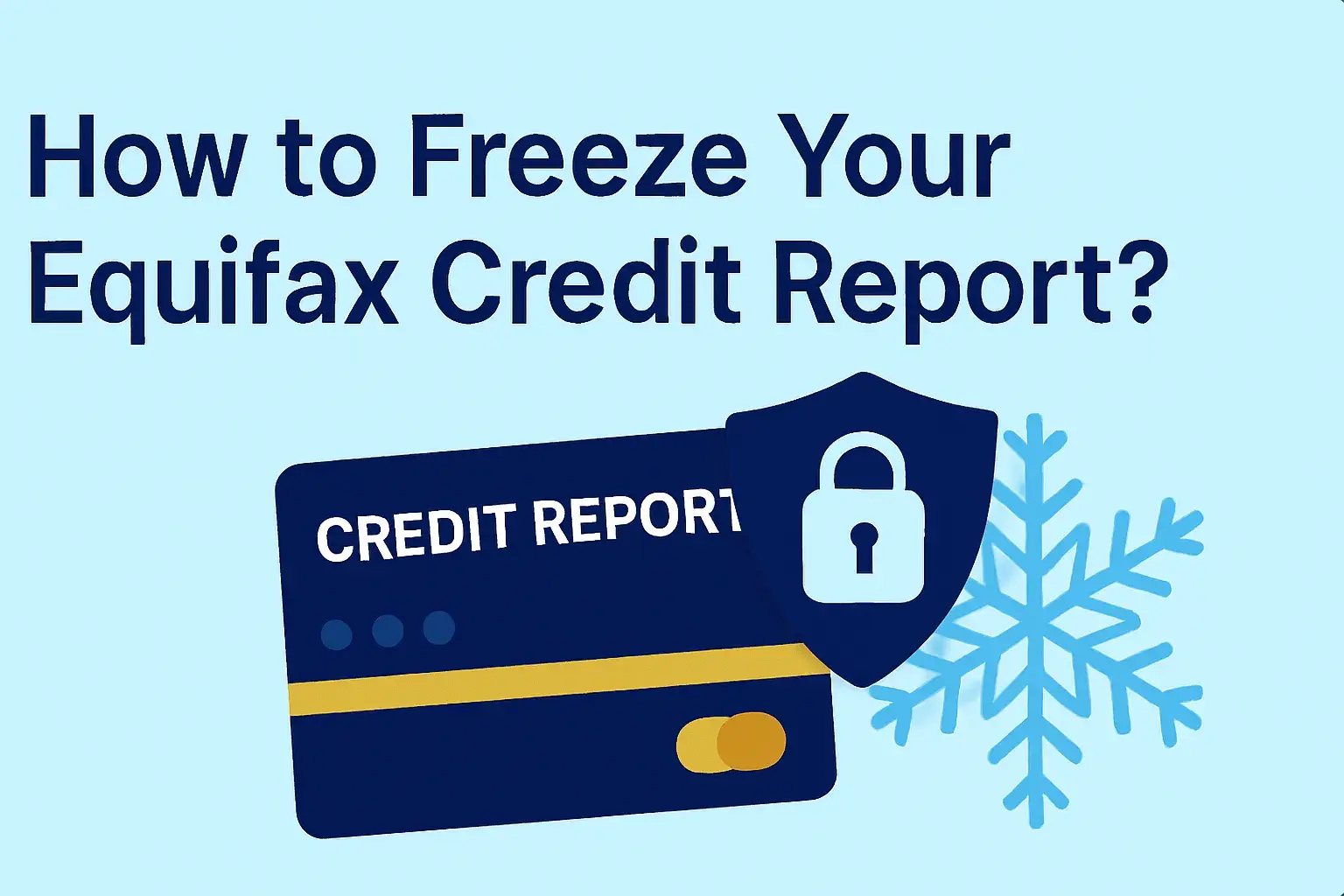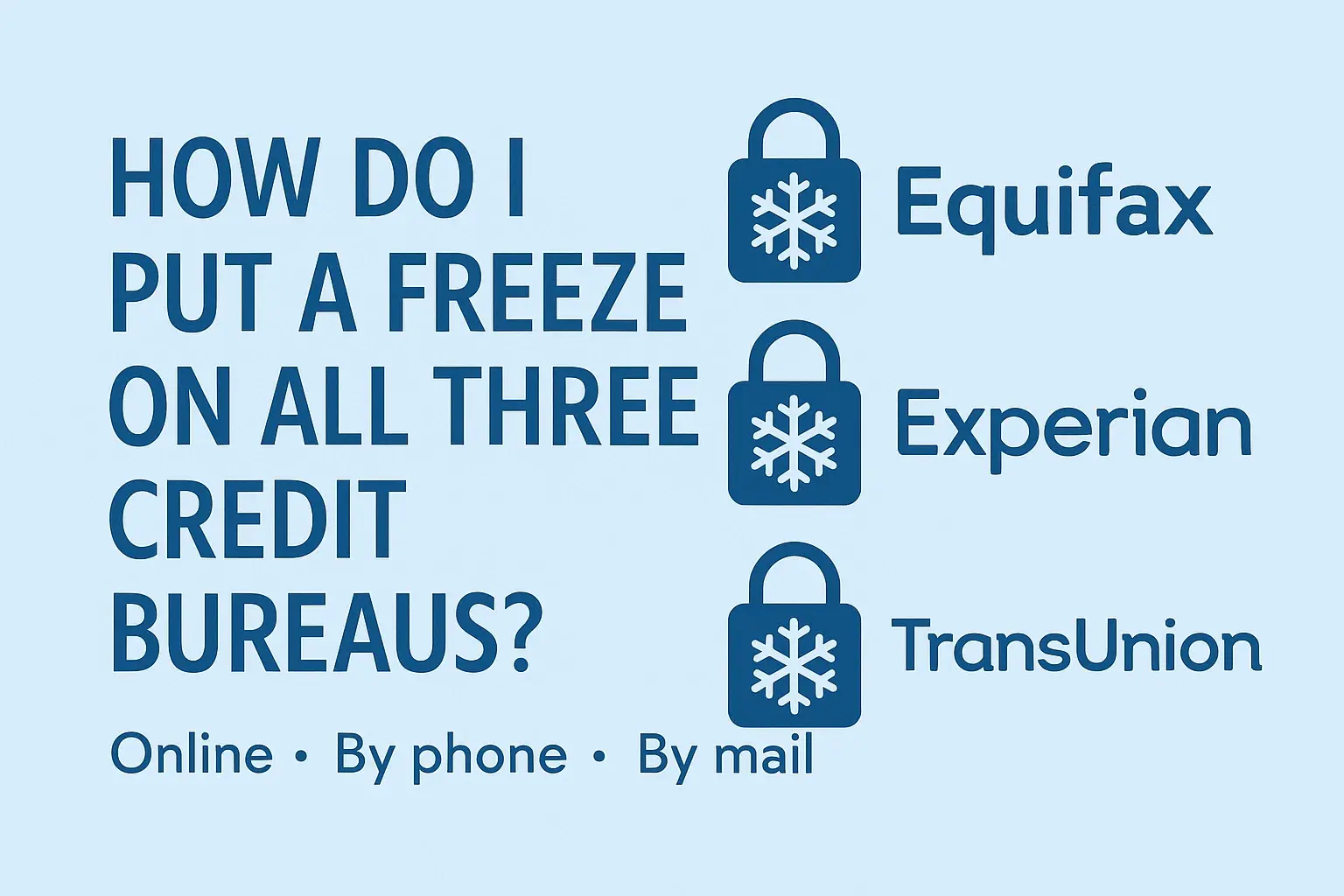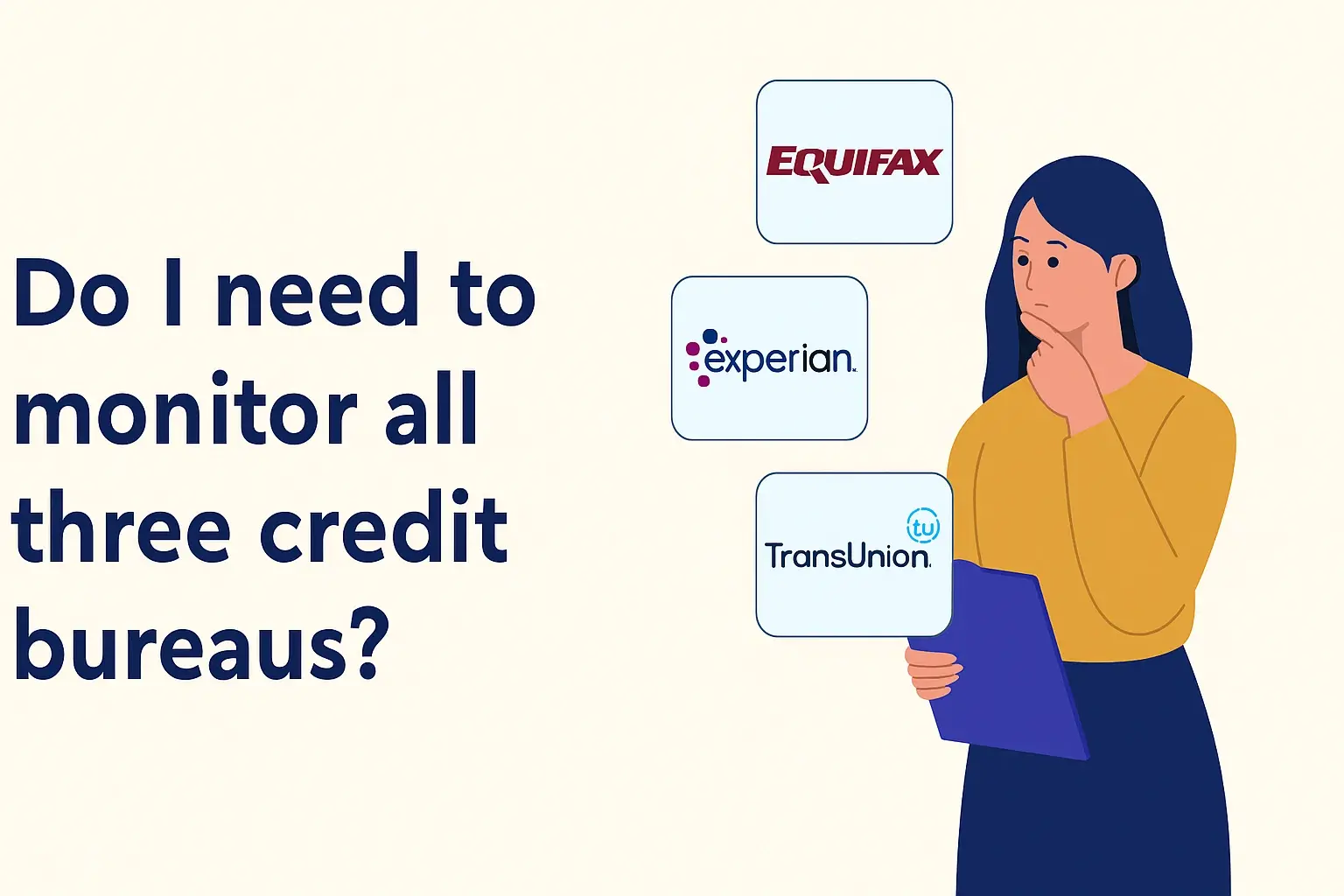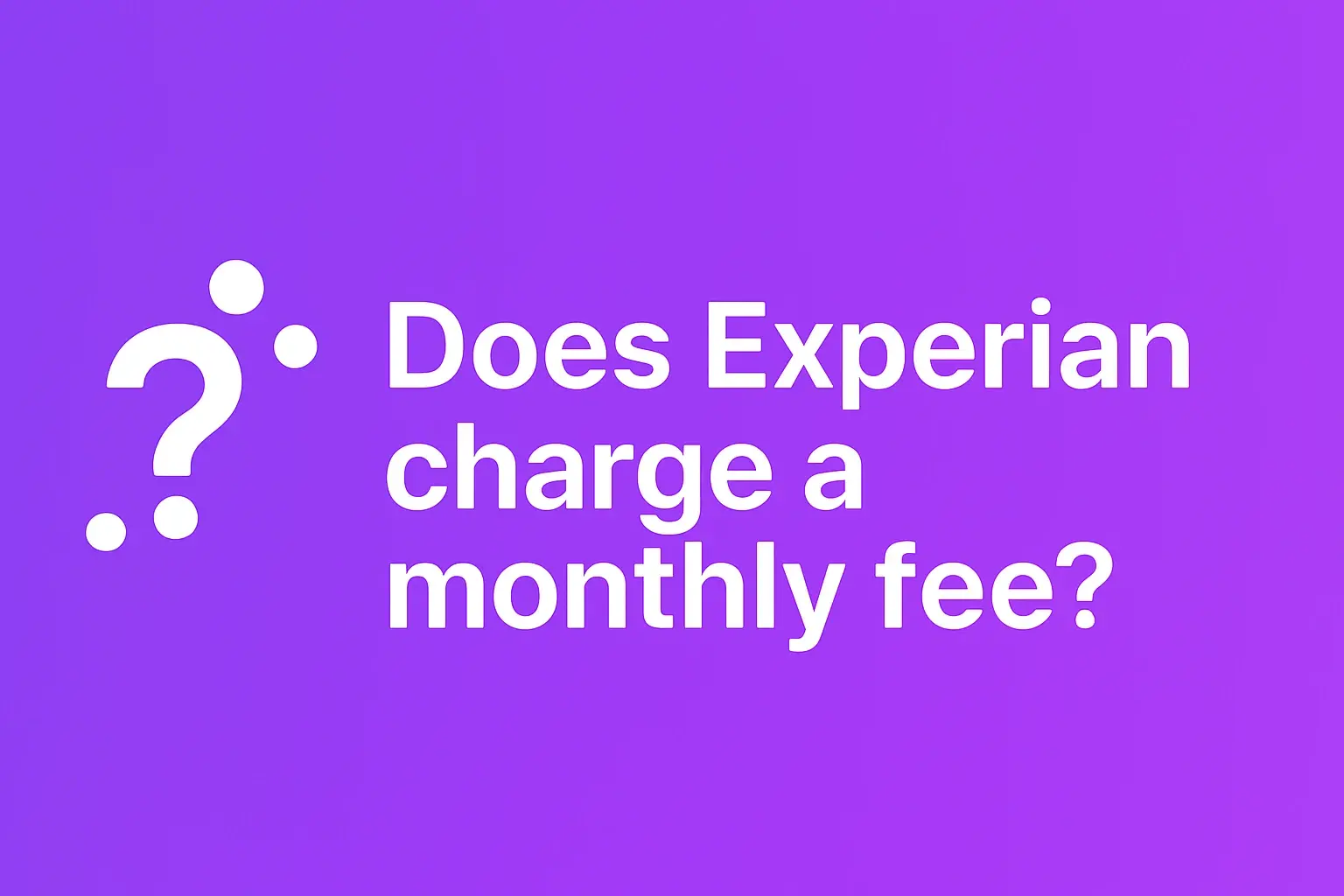-
Posted on: 25 Jul 2024
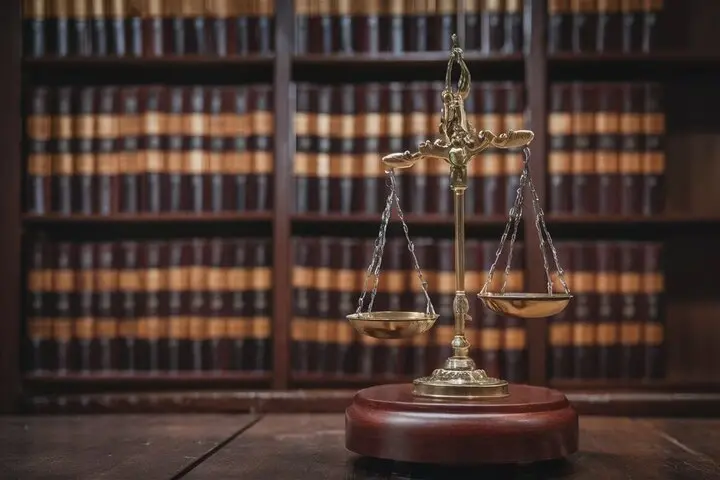
-
Lexington Law is one of the most well-known credit repair companies in the United States. However, it has faced significant scrutiny and legal challenges over the years. This article delves into the lawsuit brought against Lexington Law, exploring the allegations, the legal proceedings, and the implications for consumers considering or currently using their services. Understanding the details of the lawsuit is crucial for making informed decisions about credit repair.
Overview of Lexington Law
Before diving into the lawsuit, it's important to understand what Lexington Law does. Lexington Law provides credit repair services to individuals seeking to improve their credit scores. Their services typically involve disputing negative items on credit reports with credit bureaus, such as Equifax, Experian, and TransUnion. They also offer educational resources and guidance on managing credit.
Services Offered by Lexington Law Typically Include:
- Credit Report Analysis: Reviewing credit reports for inaccuracies and negative items.
- Dispute Letters: Sending letters to credit bureaus challenging inaccurate or unverifiable information.
- Creditor Interventions: Contacting creditors to negotiate settlements or payment arrangements.
- Score Tracking: Monitoring credit score changes.
- Personalized Credit Advice: Providing guidance on improving credit habits.
The Major Lawsuit: FTC and CFPB Actions
The most significant legal challenge against Lexington Law stems from a lawsuit brought by the Federal Trade Commission (FTC) and the Consumer Financial Protection Bureau (CFPB). This lawsuit alleged that Lexington Law and its parent company, PGX Holdings, engaged in deceptive marketing practices and charged illegal advance fees.
Key Allegations in the Lawsuit:
- Deceptive Marketing: The FTC and CFPB alleged that Lexington Law made deceptive claims about its ability to improve consumers' credit scores and remove negative items from their credit reports. They argued the company overstated the effectiveness of its services and misled consumers about the potential benefits.
- Illegal Advance Fees: Federal law prohibits credit repair companies from charging upfront fees for their services. The lawsuit claimed that Lexington Law charged consumers illegal advance fees before fully performing the promised services. Specifically, the allegations focused on charging fees before disputing items or achieving any tangible results for the consumer.
- Failure to Disclose Important Information: The FTC and CFPB also alleged that Lexington Law failed to adequately disclose consumers' rights under the Fair Credit Reporting Act (FCRA) and other consumer protection laws. This included failing to inform consumers about their right to obtain free credit reports and dispute inaccuracies themselves.
- Misleading Consumers About Attorney Involvement: The lawsuit challenged the extent to which attorneys were truly involved in the credit repair process, suggesting that much of the work was performed by non-attorney staff. The complaint implied Lexington Law leveraged the perception of attorney involvement to gain trust and justify higher fees.
Details of the Legal Proceedings
The lawsuit initiated by the FTC and CFPB triggered a lengthy legal battle. Lexington Law defended its practices, arguing that its services were legitimate and that it complied with all applicable laws. The legal proceedings involved extensive discovery, including the examination of internal documents and testimony from consumers and company representatives. After years of litigation, a settlement was reached.
Key Events in the Legal Process:
- Initial Complaint Filing: The FTC and CFPB filed the original lawsuit, outlining their allegations against Lexington Law.
- Lexington Law's Response: Lexington Law responded by denying the allegations and presenting its defense.
- Discovery Phase: Both sides engaged in discovery, gathering evidence to support their respective positions. This involved document production, depositions, and interrogatories.
- Trial Proceedings (if any): While a settlement was eventually reached, the initial phases of the litigation progressed toward a potential trial.
- Settlement Negotiations: Discussions between the FTC/CFPB and Lexington Law regarding a potential settlement occurred.
The Settlement Agreement
In 2019, Lexington Law reached a settlement agreement with the FTC and CFPB to resolve the lawsuit. While Lexington Law did not admit wrongdoing, the settlement imposed significant restrictions and financial penalties on the company.
Key Terms of the Settlement:
- Monetary Judgment: Lexington Law agreed to pay a substantial monetary judgment, which was used to provide refunds to affected consumers. The exact amount varied depending on the specific settlement terms and later court rulings, but it was in the tens of millions of dollars.
- Restricted Business Practices: The settlement imposed significant restrictions on Lexington Law's business practices, including limitations on charging advance fees and requirements for clearer disclosures to consumers. These restrictions were designed to prevent the alleged deceptive practices from recurring.
- Compliance Monitoring: As part of the settlement, Lexington Law was subject to ongoing monitoring by the FTC and CFPB to ensure compliance with the terms of the agreement. This monitoring included regular audits and reporting requirements.
- Changes to Marketing Practices: The settlement mandated changes to Lexington Law's marketing materials to ensure they were accurate and not misleading. This included providing clearer disclosures about the limitations of credit repair services and the potential outcomes.
Implications for Consumers
The lawsuit against Lexington Law and the resulting settlement have significant implications for consumers, both those who have used Lexington Law's services and those considering them. It highlights the importance of understanding your rights under the Fair Credit Reporting Act (FCRA) and other consumer protection laws.
Key Takeaways for Consumers:
- Credit Repair Is Not a Quick Fix: The lawsuit underscores that credit repair is not a quick fix and that no company can guarantee specific results. Improving your credit score requires time, effort, and responsible financial management.
- You Have the Right to Dispute Inaccurate Information Yourself: Under the FCRA, you have the right to dispute inaccurate or unverifiable information on your credit reports with the credit bureaus free of charge. You do not need to pay a credit repair company to exercise this right.
- Be Wary of Advance Fees: Federal law prohibits credit repair companies from charging upfront fees before performing services. If a company asks for fees upfront, it may be a red flag.
- Read Contracts Carefully: Before signing up for credit repair services, carefully read the contract and understand the terms and conditions, including the fees, the services provided, and your cancellation rights.
- Consider Alternatives: Explore alternative ways to improve your credit score, such as paying bills on time, reducing debt, and avoiding high-interest credit cards. Non-profit credit counseling agencies can also provide valuable assistance.
Criticisms and Controversy Surrounding Credit Repair Companies
The lawsuit against Lexington Law is part of a broader debate about the role and effectiveness of credit repair companies. Critics argue that many credit repair companies make false promises and take advantage of vulnerable consumers who are desperate to improve their credit scores. They also contend that the services offered by these companies are often things that consumers can do themselves for free.
Arguments Against Credit Repair Companies:
- Potential for Fraud: Some credit repair companies engage in outright fraud, such as creating false identities or submitting false information to credit bureaus.
- Ineffectiveness: Many experts argue that credit repair companies are largely ineffective because they cannot remove accurate information from credit reports. The only way to improve your credit score in the long run is to practice responsible financial behavior.
- Unnecessary Cost: Paying for credit repair services may be an unnecessary expense, as consumers can dispute inaccuracies themselves for free.
- Potential for Harm: Engaging with unscrupulous credit repair companies can potentially harm your credit score or expose you to identity theft.
Alternatives to Credit Repair Services
Instead of relying on credit repair companies, consumers can take several steps to improve their credit scores on their own. These steps are often more effective and sustainable in the long run.
Effective Alternatives to Credit Repair:
- Obtain and Review Your Credit Reports: Obtain free copies of your credit reports from AnnualCreditReport.com and carefully review them for errors or inaccuracies.
- Dispute Inaccurate Information: If you find any errors, dispute them with the credit bureaus in writing. Be sure to provide supporting documentation.
- Pay Bills on Time: Payment history is the most important factor in your credit score. Make sure to pay all bills on time every month.
- Reduce Debt: High levels of debt can negatively impact your credit score. Work to reduce your debt, especially on credit cards.
- Keep Credit Card Balances Low: Aim to keep your credit card balances below 30% of your credit limit.
- Avoid Opening Too Many New Accounts: Opening too many new credit accounts in a short period of time can lower your credit score.
- Consider a Secured Credit Card: If you have bad credit, a secured credit card can be a good way to rebuild your credit.
- Seek Credit Counseling: Non-profit credit counseling agencies can provide valuable guidance on managing your finances and improving your credit score.
Current Status of Lexington Law
Despite the settlement with the FTC and CFPB, Lexington Law continues to operate as a credit repair company. However, the company is subject to the terms of the settlement and ongoing monitoring by the regulatory agencies. Consumers should be aware of the allegations and the settlement terms when considering Lexington Law's services.
Key Considerations for Potential Clients:
- Understand the Limitations: Credit repair is not a magic bullet, and results are not guaranteed.
- Read Reviews and Research: Research Lexington Law's reputation and read reviews from other consumers before signing up.
- Be Aware of the Fees: Understand the fees charged by Lexington Law and make sure you are comfortable with them.
- Know Your Rights: Be aware of your rights under the FCRA and other consumer protection laws.
- Consider Alternatives: Explore alternative ways to improve your credit score before resorting to credit repair services.

